If you have a premium travel credit card (or several), knowing how to maximize your annual travel credits is key to offsetting those hefty annual fees. These credits, which often range from $100 to $400, are a great perk—but there’s a catch. They expire! To make things more complicated, the rules for using these credits can vary depending on the card.
Some credits reset based on the calendar year (January 1st), while others follow your membership year (based on your card’s anniversary date). Also, the charges that qualify for reimbursement can differ widely. Think baggage fees, in-flight purchases, or even travel booked through specific providers.
If you haven’t used your credits yet, now’s the time to double-check the terms of your card to make sure you don’t leave money on the table.
Popular Cards and Their Credit Policies
Here’s a rundown of all the major cards, their credit amounts, and how they work:
American Express Platinum (Personal & Business)
- Credit Amount: $200 airline fee credit
- Resets: January 1st (calendar year)
- Key Details:
You must select an airline at the start of the year. Eligible charges include baggage fees, in-flight purchases, lounge passes, and seat upgrades. Research which charges work best for your airline (Flyertalk forums are a great resource).
Bank of America Premium Rewards
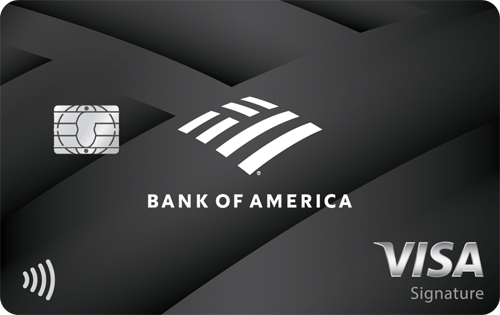
- Credit Amount: $100 airline incidental credit
- Resets: January 1st (calendar year)
- Key Details:
Covers expenses like baggage fees, seat upgrades, and lounge passes. However, purchases on some low-cost carriers (like Spirit, Sun Country and Allegiant) don’t qualify. Also excluded: tickets, gift cards, and award fees.
Citi Prestige
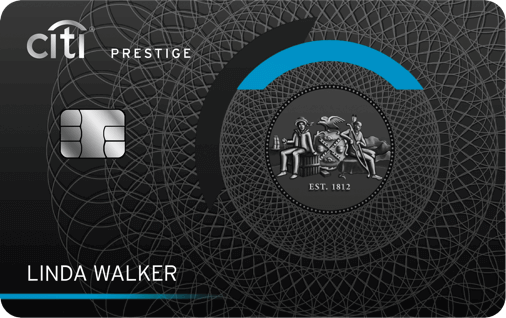
- Credit Amount: $250 travel credit
- Resets: December statement closing date (not December 31st)
- Key Details:
Covers a broad range of travel expenses, from airfare and hotels to parking, tolls, and rail tickets. Check when your statement closes so you don’t miss out.
Chase Sapphire Reserve
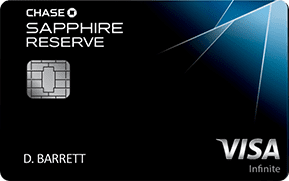
- Credit Amount: $300 travel credit
- Resets: Member year (based on your card’s anniversary)
- Key Details:
This is one of the easiest credits to use—it applies automatically to any purchase coded as travel. That includes hotels, airfare, taxis, and even parking fees.
Chase Ritz-Carlton Rewards

- Credit Amount: $300 travel credit
- Resets: January 1st (calendar year)
- Key Details:
The credit applies to things like lounge day passes, baggage fees, and seat upgrades, but you have to call J.P. Morgan Priority Services or send a secure message to Chase to request reimbursement. Don’t forget to do this within four billing cycles of your purchase!
City National Bank Crystal Visa Infinite
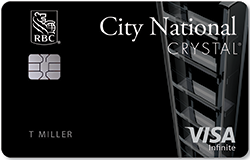
- Credit Amount: $350 airline incidental credit
- Resets: January 1st (calendar year)
- Key Details:
Eligible purchases include baggage fees, in-flight purchases, lounge fees, and even TSA Pre✓® membership fees. You need to enroll and select your airline each year to use this benefit.
HSBC Premier World Elite Mastercard
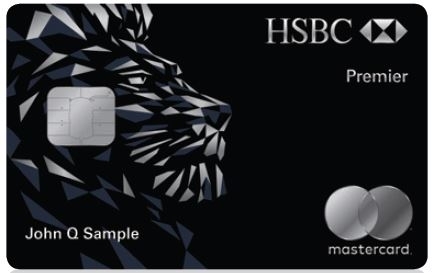
- Credit Amount: Up to $400 travel credit
- Resets: January 1st (calendar year)
- Key Details:
Credits are earned at $100 increments for every $2,000 in travel purchases booked through HSBC Travel. Credits post automatically, but you need to book through their portal.
PenFed Pathfinder Rewards Visa
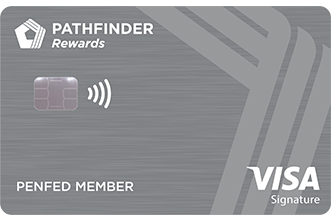
- Credit Amount: $100 airline fee credit
- Resets: January 1st (calendar year)
- Key Details:
Applies to incidental air travel fees like baggage fees, flight changes, lounge passes, and in-flight purchases. Excludes upgrades, tickets, and gift cards.
Southwest Airlines Rapid Rewards Priority

- Credit Amount: $75 Southwest credit
- Resets: Member year
- Key Details:
Automatically applies to Southwest purchases, excluding upgraded boarding and inflight purchases.
UBS Visa Infinite

- Credit Amount: $250 airline incidental credit
- Resets: January 1st (calendar year)
- Key Details:
You must select an eligible airline annually. Covers seat upgrades, baggage fees, and lounge passes. Some restrictions apply (e.g., no gift cards or alliance fees).
U.S. Bank Altitude Reserve

- Credit Amount: $325 travel and dining credit
- Resets: Member year
- Key Details:
This credit applies automatically to travel and dining purchases, making it super easy to use.
Final Reminder: Use Your Credits Before They Expire
For most cards (except those tied to a membership year, like the Sapphire Reserve), your credits reset on January 1st. If you haven’t used them, now’s the time to act! Double-check your statement to see how much credit is still available and what expenses qualify.
Remember, credits like those on the Citi Prestige card may expire based on your December statement date—not the actual end of the year. Don’t get caught off guard.
Want to comment on this post? Great! Read this first to help ensure it gets approved.
Want to sponsor a post, write something for Your Mileage May Vary, or put ads on our site? Click here for more info.
Like this post? Please share it! We have plenty more just like it and would love it if you decided to hang around and sign up to get emailed notifications of when we post.
Whether you’ve read our articles before or this is the first time you’re stopping by, we’re really glad you’re here and hope you come back to visit again!
This post first appeared on Your Mileage May Vary
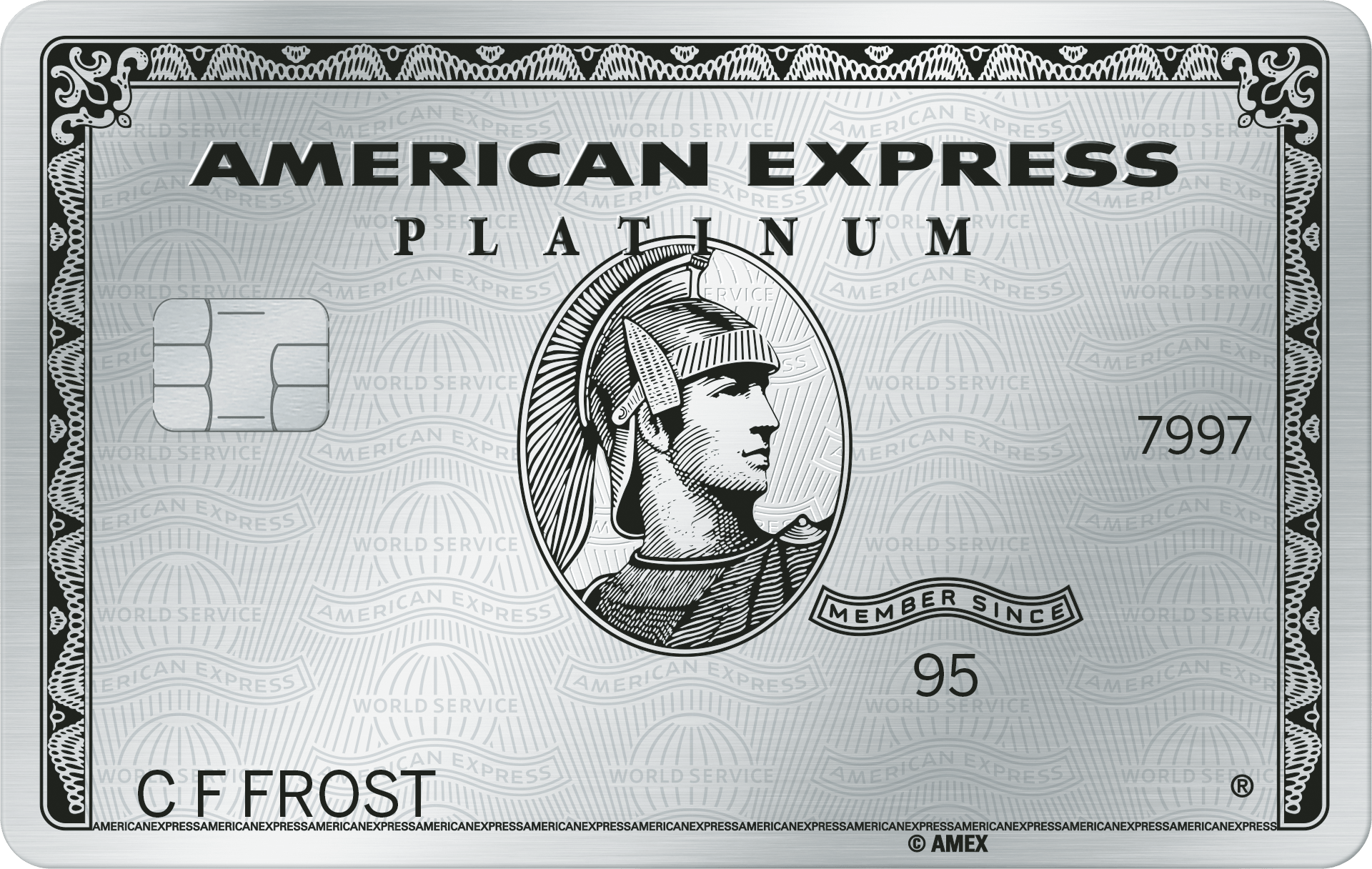

6 comments
Any other credit cards with annual travel credit besides the ones listed above? I did not know that small regional banks like CNB offered such a great card like the Crystal.
I just did some looking at that article as it was from last year. It looks like some new cards from HSBC and PenFed also offer credits. The new Hilton AMEX card also offers an airline credit. I’ll be updating this article soon.
Citi Pestige credit is no longer limited to airlines as of 2019. Along with the many, many negative changes to the 4th night free and insurance products, they opened the credit to hotels, car rentals, public transport, taxis, cruises, tolls and parking garages.
Thanks for catching that oversight. The article has been updated accordingly.
Hi, according to your article “Credit is based on the calendar year – resets at the end of your December statement (so not actually the end of the year) and charges after that count towards the following year.” However, I made some travel purchases after the end of my 2019 December statement and hoped to get my 2020 travel credit. After the January statement posted, I didn’t get any travel credit. I contacted Citi and was told the travel credit resets on 1/1 of each year….
The Citi website’s information on the travel credit is rather vague.
What does appearing on your billing statement during that calendar year mean? If you don’t receive the statement with that charge until January, isn’t that the following year?
I’d think there’s a chance you could get somewhere by calling Citi back and trying again, or by speaking to a supervisor.
I did some research on the web and all the other websites that mention the credit say the same thing about it resetting as of the end of the December statement. So if what you were told is in fact the case, that’s news to everybody.